
Fraud in the real estate industry has become much more sophisticated, with criminals able to impersonate property owners, list their homes and sell them to innocent buyers, keeping the proceeds. Advances in technology mean that fraudsters can do this all remotely over video call, or even in person, thanks to high-quality forged ID documents.
But just because fraudsters have upgraded doesn’t mean that you don’t have the ability to stay ahead of them and protect your clients—it just means that we have to be more sophisticated, too.
Everyone has a part to play in preventing fraud and protecting the public. Stand between your clients and the fraudsters looking to steal their home ownership by following these three fraud prevention best practices:
1. Always verify clients’ identities, even in person
Fraud prevention should start even before a transaction does. You can expose fraudsters at the very start of your interaction with them by making identity verification part of your onboarding process.
Thanks to new software and more powerful printers, fraudsters can forge government ID documents like driver’s licences, often very convincingly. These fakes have passed even close visual inspection in many cases. Fortunately, there are tools that fraudsters can’t fool so easily.
A digital ID verification tool lets legal professionals check identifying documents and verify that they’re real and valid. Client ID Verification by FCT fits easily into your client onboarding: they just download Bluink’s eID-Me app, complete a liveness check and upload their identity document(s). You receive a report to confirm their identity.
Don’t forget: just because a transaction is happening in-office, that doesn’t make it fraud free. Fraudsters can approach you both virtually and in person, so make sure to verify their ID on every transaction.
2. Always ask follow-up questions
Fraud is always based on a lie, and a lie gets harder to keep up with each additional detail. Many legitimate clients also want to keep emails and phone calls to a minimum, so an arms-length deal isn’t enough to be a full red flag on its own. But fraudsters count on professionals not wanting to seem suspicious of a client, or not feeling comfortable asking personal questions.
Fight that instinct, and ask clients follow-up questions about themselves and the property as a fraud prevention best practice. They don’t have to become too personal—you could simply ask a client selling their home how long they lived there, and what they’ll miss about the place.
Even friendly questions can expose inconsistencies in a fraudster’s story. Consider bringing up small details conversationally: How much work did it take them to finish their basement? What was the best time of day for natural light in the kitchen? What do they think of the neighbourhood they’re leaving?
Most fraudsters will be trying to get past each step of the transaction as quickly and inconspicuously as possible, before their lie is discovered. Keeping things friendly but specific and centered on them and their experience of the property makes it harder for them to do that. It can force them to choose between shutting down the conversation, and making up details on the spot that they then need to remember consistently.
3. Always close transactions using title insurance
The first and most important step in protecting each client from fraud is to always apply the best practice of verifying identity. But if a fraudster impersonates one of your clients in the future, who’ll be looking at that transaction, and how stringent will their fraud prevention practices be?
That’s why it’s so important to make title insurance a part of closing every transaction—you can’t know today which of your clients will need to make a claim tomorrow. Without title insurance protection, those clients’ losses can be in the tens of thousands of dollars, or worse.
Title insurance coverage can last for as long as the homeowner has an interest in the property. Put that protection in place right from the beginning, and safeguard your clients’ home ownership by using title insurance from FCT on every transaction.
Insurance by FCT Insurance Company Ltd. Services by First Canadian Title Company Limited. The services company does not provide insurance products. This material is intended to provide general information only. For specific coverage and exclusions, refer to the applicable policy. Copies are available upon request. Some products/services may vary by province. Prices and products/services offered are subject to change without notice.
®Registered Trademark of First American Financial Corporation.






































-min.jpg?width=350&height=216&name=title-fraud-homeowner-protection-blog%20(1)-min.jpg)

-min-1.jpg?width=350&height=216&name=home-theft-tile-fraud-toronto-blog%20(3)-min-1.jpg)
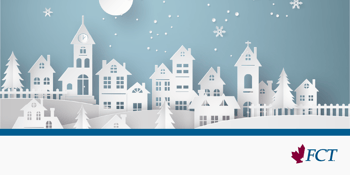
-min.jpg?width=350&height=216&name=FCT-Leading-Insights-Michael-LeBlanc-ENG_blog%20(1)-min.jpg)

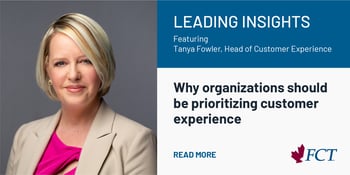




-min.jpg?width=350&height=216&name=errors-and-omissions-ontario-real-estate-law-risk-blog%20(1)-min.jpg)
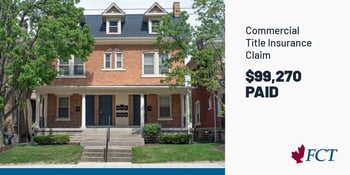
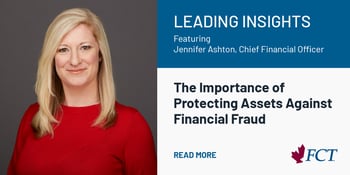


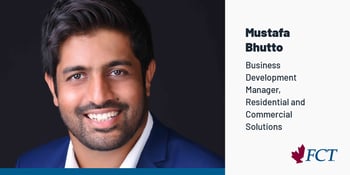

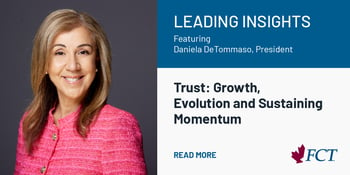








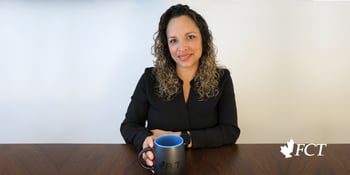




-min.jpg?width=350&height=216&name=Three-signs-your-clients...-Blog%20(1)-min.jpg)





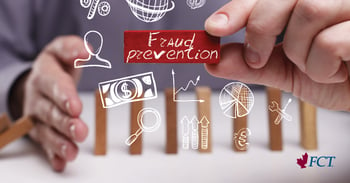

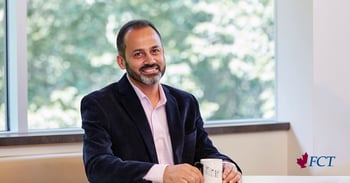


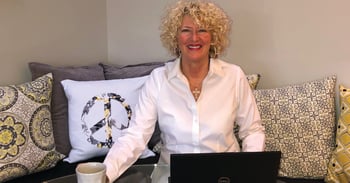


.jpg?width=350&height=216&name=Blog-Post-EasyFund-2-Steps-min%20(1).jpg)





-min.jpg?width=350&height=216&name=June-28th-Were-so-Canadian2%20(1)-min.jpg)
